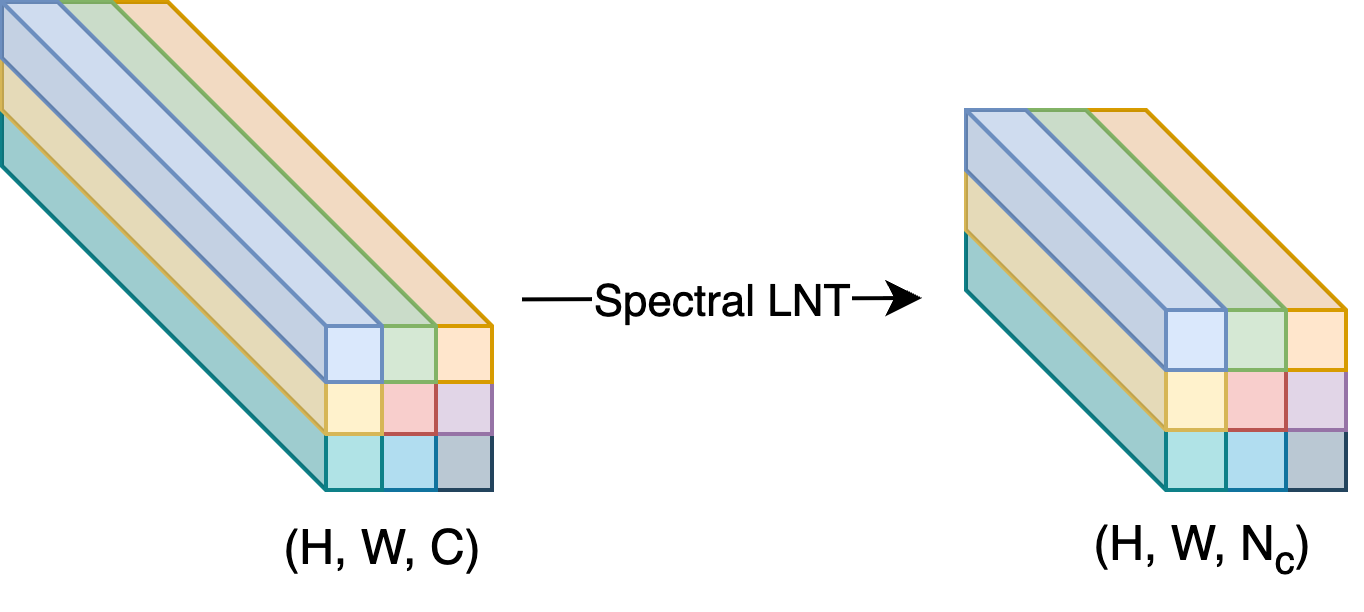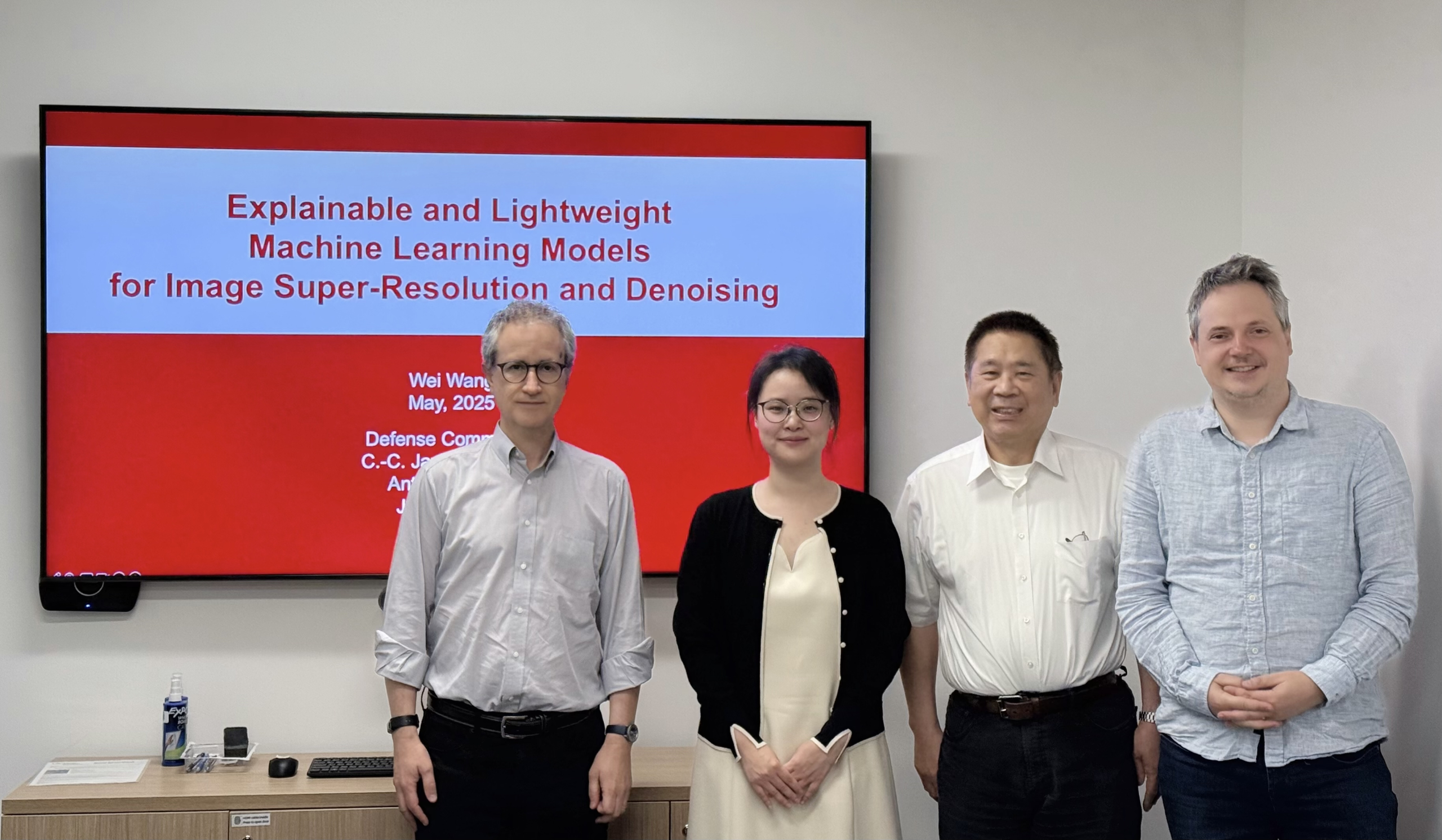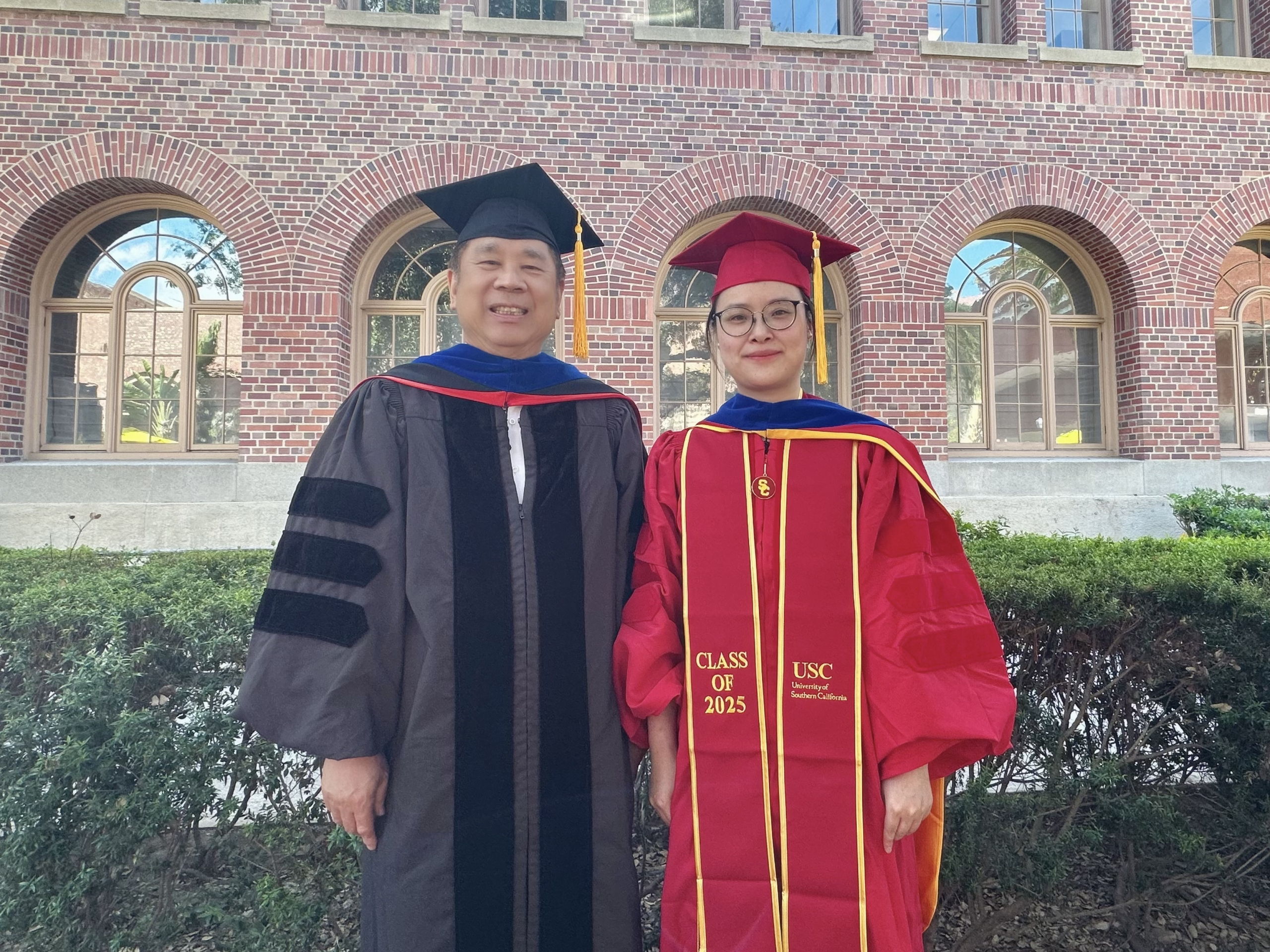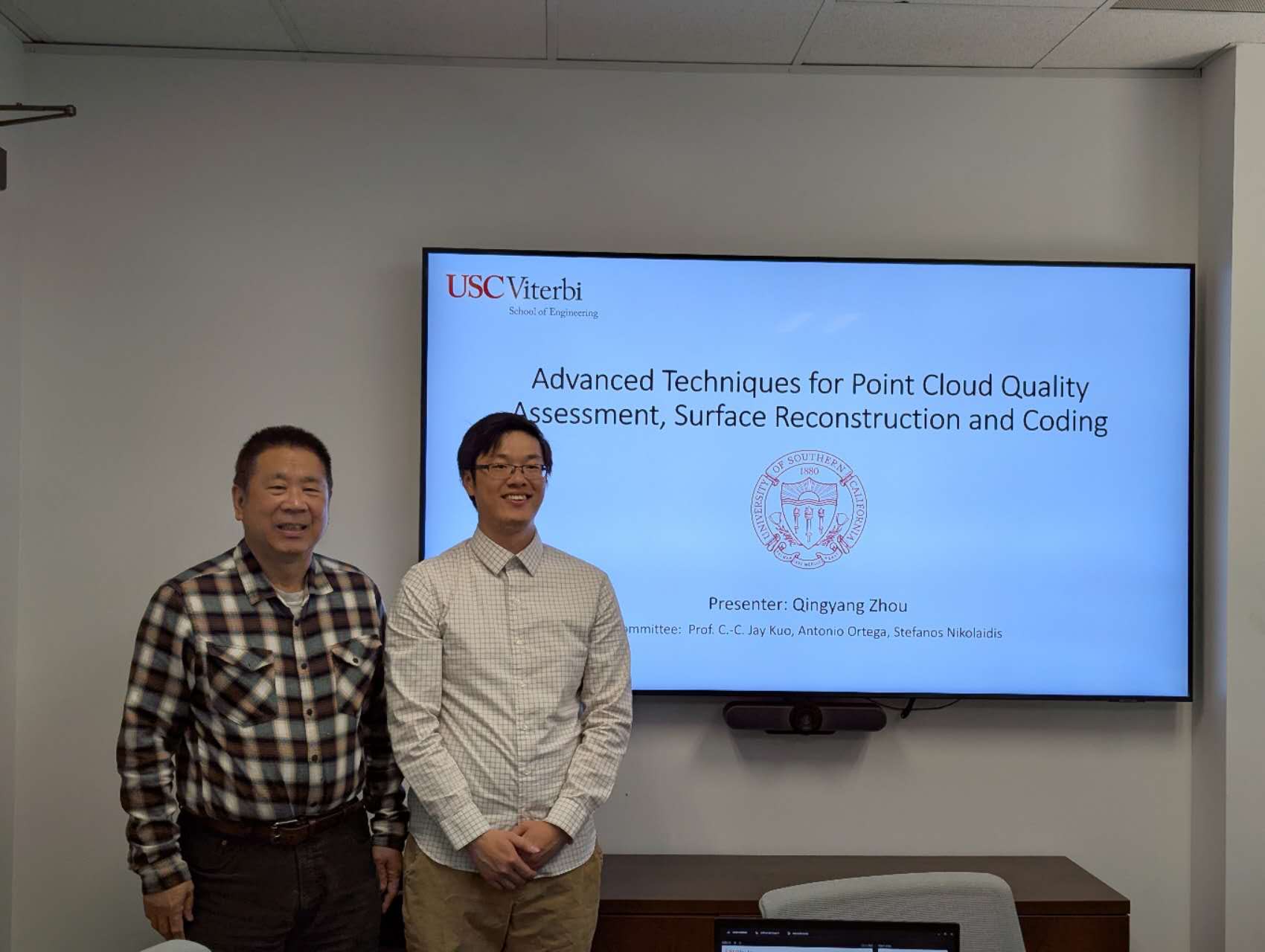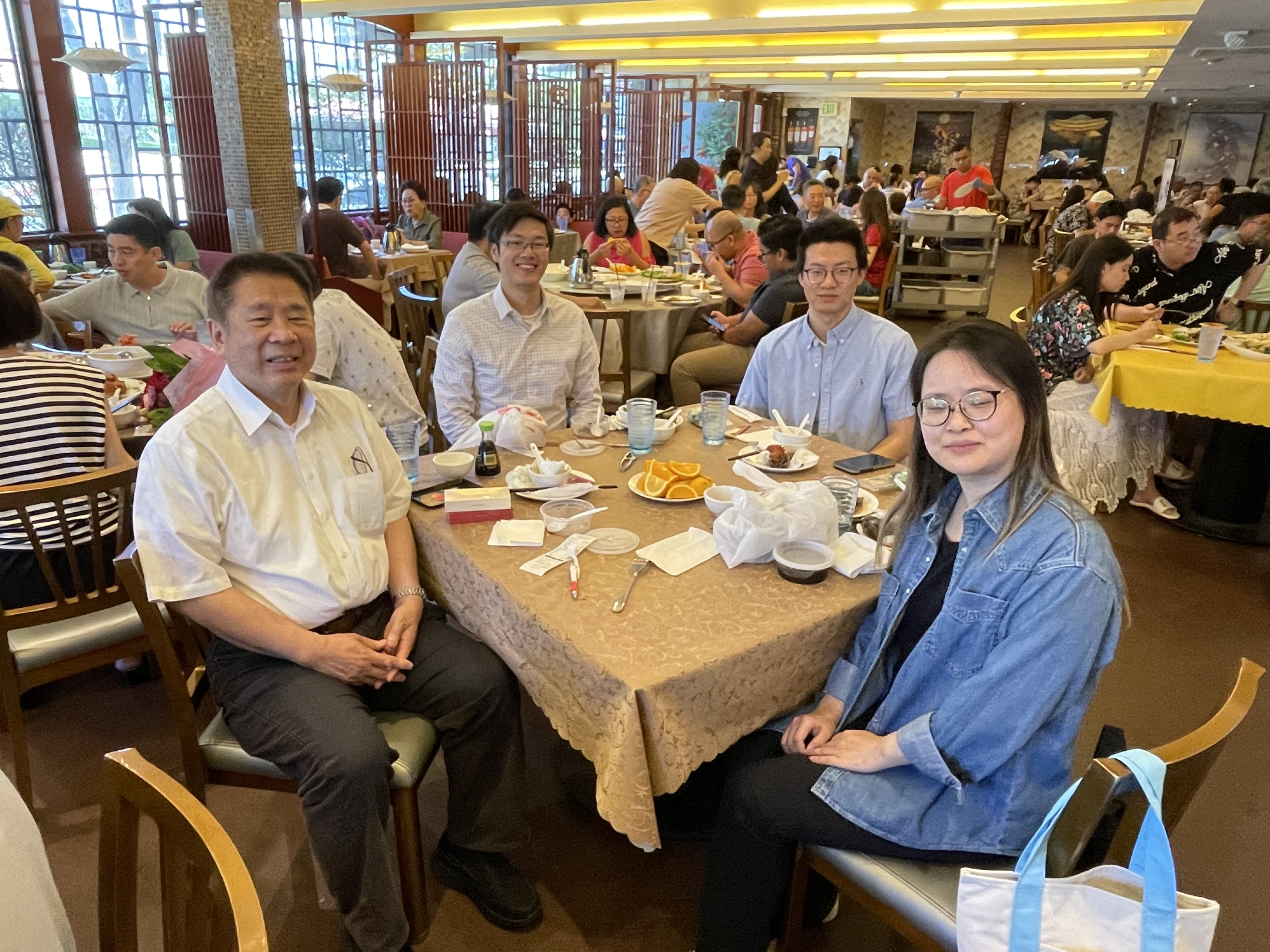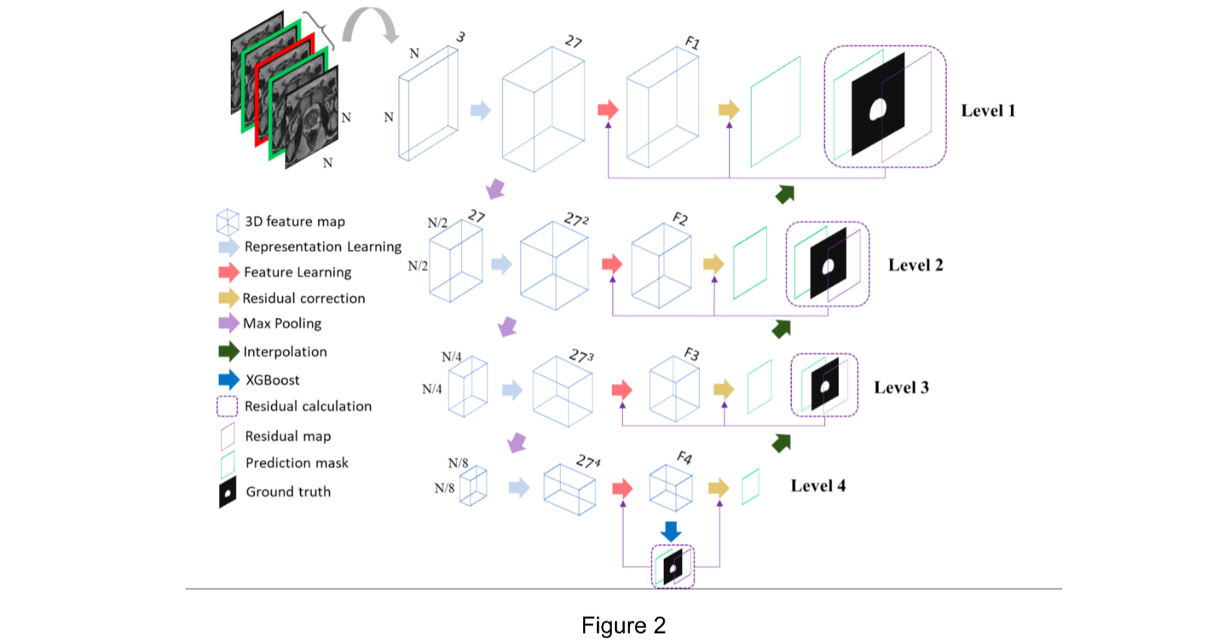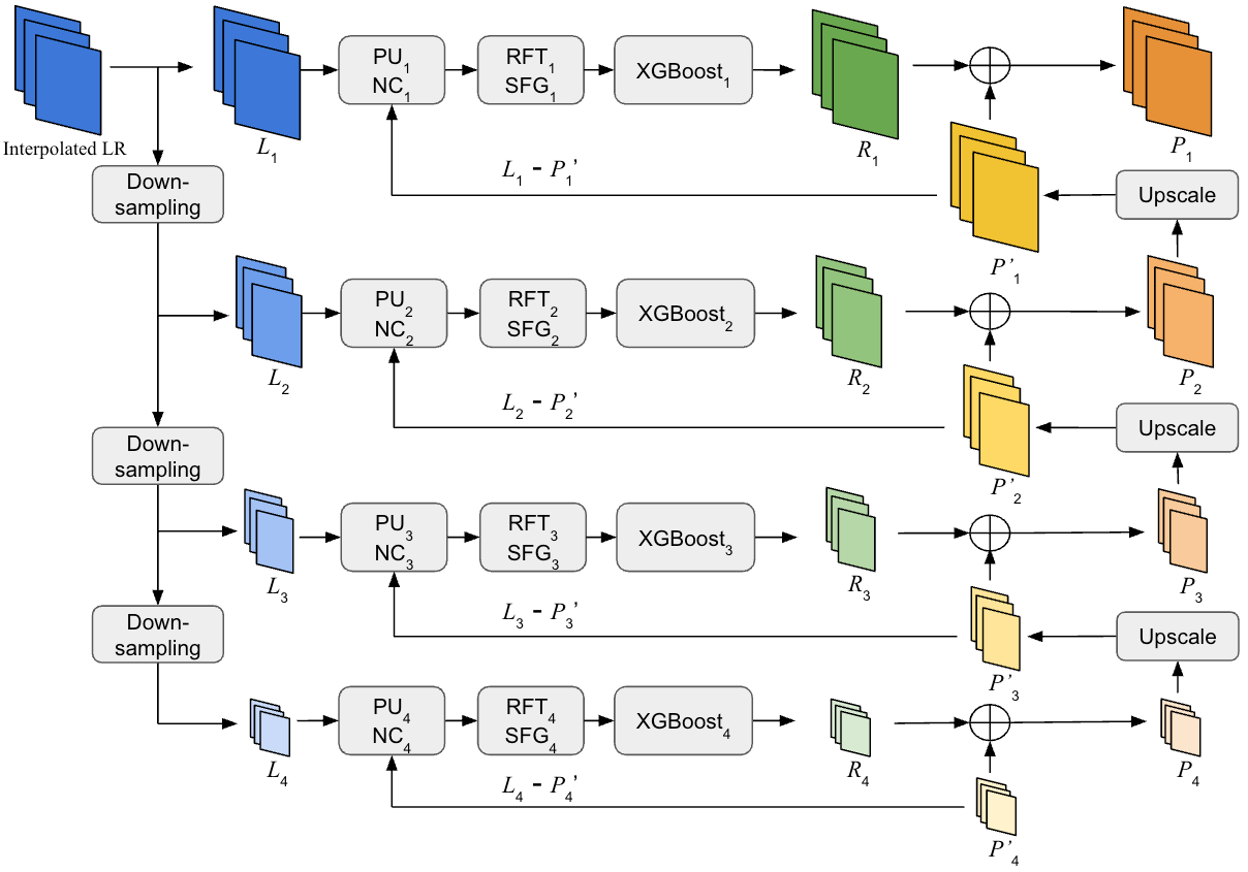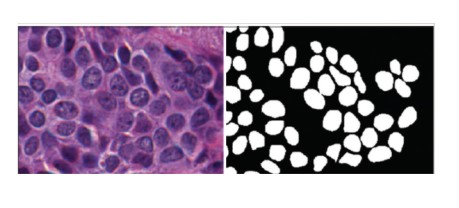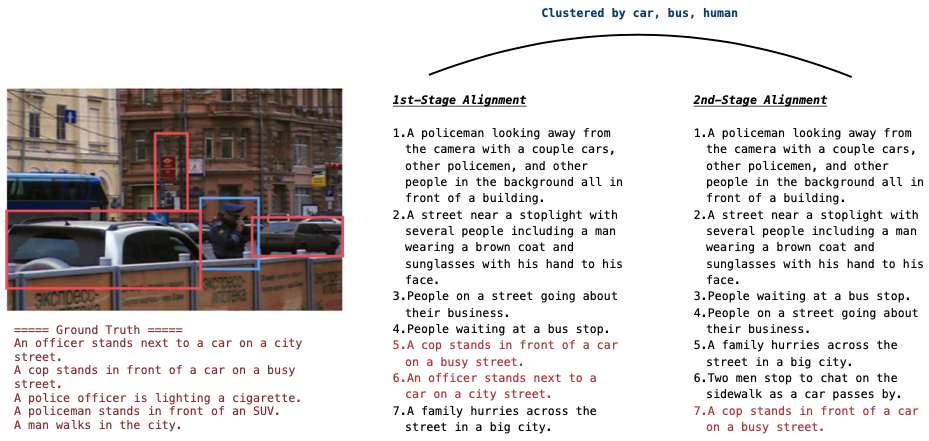Congratulations to Wei Wang for passing her defense today. Wei’s thesis title is “Explainable and Lightweight Machine Learning Models for Image Super-Resolution and Denoising.” Her Dissertation Committee includes Jay Kuo (Chair), Antonio Ortega, and Jernej Barbic (Outside Member). The Committee members were pleased with Wei’s thesis work. Here is a summary of her thesis:Image signal processors convert camera sensor data into images via digital image processing operations. In recent years, we have witnessed an increased interest in using Deep Learning to enhance the ISP raw images for improved quality. The main challenge is the regularization of this ill-posed problem.
Practically, the trade-off between quality improvement and the computational complexity is the key issue of widely applying the existing state-of-the-art methods. In this dissertation defense talk, we propose effective and efficient techniques for the typical low-level image enhancement problem, image super-resolution (SR) based Green Learning. First, we propose LSR and LSR++, a light-weight super-resolution green learning method with feedforward design without backpropagation, and its advanced version with significantly smaller computational complexity. Second, we develop Green U-Shaped Learning (GUSL) method for super-resolution with multi-level coarse-to-fine semantic estimation and effective conditional residual prediction. Third, we introduce Green U-Shaped Learning method to medical computed tomography (CT) images for low-dose CT image denoising enhancement to demonstrate its generalization capability. All above, these methods contribute to advanced efficiency with competitiveperformance, mathematical transparency, and robust generalizability in low-level computer vision problems.
Wei generously shared her experiences in the MCL Lab with us: It has been a long journey. First and foremost, I would like to extend my sincere thanks to my Ph.D. advisor, Professor C.-C. Jay Kuo, for his outstanding mentorship and consistent support throughout my doctoral journey. His dedication to research, strong work ethic, and sense [...]

